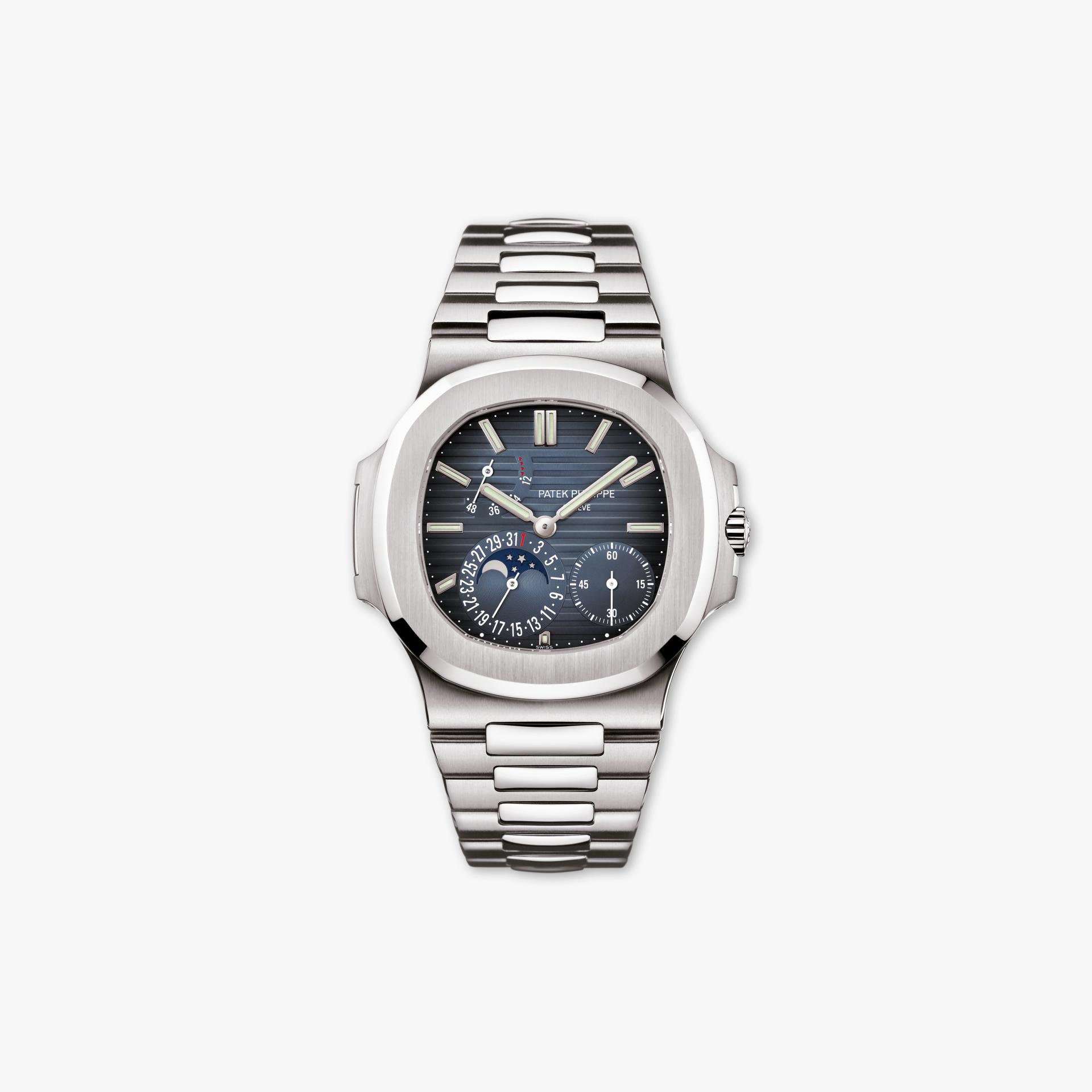4.9% Leasing vs 8.9% Financing: The surprising truth behind interest costs for Leasing and Financing
When comparing leasing and financing, most people focus on the interest rate. Lower rates seem...

“These are not fashion items. A Birkin is not a fashion item. A Submariner or a Daytona is not a fashion item. This is a durable thing that is not going to change. You might say I’m not in love with my Daytona anymore and switch to a Sub or Patek, but there’s no trend in the market that’s going to change whether Rolex watches or Birkins are valuable or not.”
Rolex is the leading brand in Swiss luxury watches. It enjoys an unrivaled reputation for excellence, performance, and prestige. A pioneer of the wristwatch since 1905, when it was founded by Hans Wilsdorf in London, the brand is responsible for landmark innovations in watchmaking, including the first waterproof wristwatch—the Oyster—and the Perpetual rotor self-winding mechanism. Rolex watches have accompanied explorers and achievers worldwide, from the highest mountains to the deepest reaches of the ocean. As an independent manufacturer, Rolex designs, develops, and produces all essential components in-house. The brand has been privately owned by the Hans Wilsdorf Foundation since 1945 and is headquartered in Geneva. In August 2023, Rolex made a significant move by acquiring Bucherer, its largest retailer, creating a direct distribution channel alongside its global retail partnerships.
When Acquired hosts Ben Gilbert and David Rosenthal decided to dedicate a five-hour episode to Rolex, they knew it would be big. But even they were surprised by the response. As they shared with GQ’s Cam Wolf, the Rolex episode quickly became their most-listened-to show outside of their interview with Mark Zuckerberg.
“This is gonna be our biggest (podcast episode) ever.”
What makes Rolex such an irresistible topic? Unlike many luxury brands that thrive on celebrity endorsements and marketing buzz, Rolex operates in secrecy. It rarely gives interviews, maintains a controlled distribution model, and has mastered the art of supply and demand, making its timepieces highly desirable and difficult to acquire.
One of the most striking observations from the podcast was Rolex’s unique position in the market—not just as a luxury brand, but as an asset class of its own.
“The other element is that a huge portion of our listener base are investors of some type, and this is the greatest investment you could ever make that you will never be able to make.”
Unlike traditional assets, Rolex watches are not something you can simply buy at will. The brand’s tightly controlled production and distribution mean that the most sought-after models, like the Daytona or Submariner, are virtually impossible to purchase at retail price. This artificial scarcity creates a robust secondary market where Rolex watches not only retain their value but often appreciate over time.
Gilbert and Rosenthal liken Rolex to Hermès, the luxury powerhouse behind the coveted Birkin bag. Rolex, they argue, follows a similar model by having a hero product (the Daytona) while maintaining a range of equally desirable models that cater to a broader audience.
“The magic of it is that they have their Birkin—which is probably the Daytona—but then they have this whole funnel of other coveted products. It’s like if Hermès perfume were also an heirloom-level product that people saved their whole life to buy.”
This strategy ensures that whether you're buying a Datejust, an Explorer, or a Day-Date, you’re still purchasing an exclusive product that carries the same prestige as Rolex’s flagship pieces.
Perhaps one of the most unexpected insights from the Acquired podcast was how Apple inadvertently boosted Rolex’s status rather than diminishing it.
“In my opinion, they were the greatest gift ever to the true luxury watch brands. Before the Apple Watch, you could wear a mechanical watch and argue it’s for functionality. But then once the smartwatch is out there, and the Apple Watch in particular, you’re choosing to say, ‘I’m wearing this mechanical watch.’ And that is a big statement about yourself.”
Instead of replacing traditional watches, smartwatches redefined their purpose. Today, wearing a Rolex isn’t about telling time—it’s about making a statement. It signifies appreciation for craftsmanship, heritage, and an understanding of luxury beyond mere function.
Before researching Rolex, the Acquired hosts viewed it as just another luxury brand. By the end of their deep dive, their perspective had completely changed.
“For me, it went from like, I’m aware that a lot of people like this and it seems like an interesting company. I’m aware that it’s a great luxury brand. Now, I think this is actually one of the companies I most admire that we’ve ever studied.”
What makes Rolex unique is not just its watches, but its long-term vision, strategic control, and unwavering commitment to quality. Unlike many brands that chase trends, Rolex remains steadfast in its identity. Its designs evolve slowly, its advertising remains minimal, and its market dominance is a direct result of patience and discipline.
Rolex is not just a watch brand; it’s a phenomenon. It blends engineering excellence, brand mystique, and financial stability in a way that no other company has managed to replicate. The insights from the Acquired podcast reinforce what many collectors already know:
If you’re interested in hearing more about Rolex’s fascinating history and business strategy, you can listen to the full Acquired podcast episode on Rolex here:

When comparing leasing and financing, most people focus on the interest rate. Lower rates seem...

Luxury watch enthusiasts and collectors have once again been met with a wave of discontinuations...
-3.png?height=200&name=Email%20Hero%20(2)-3.png)